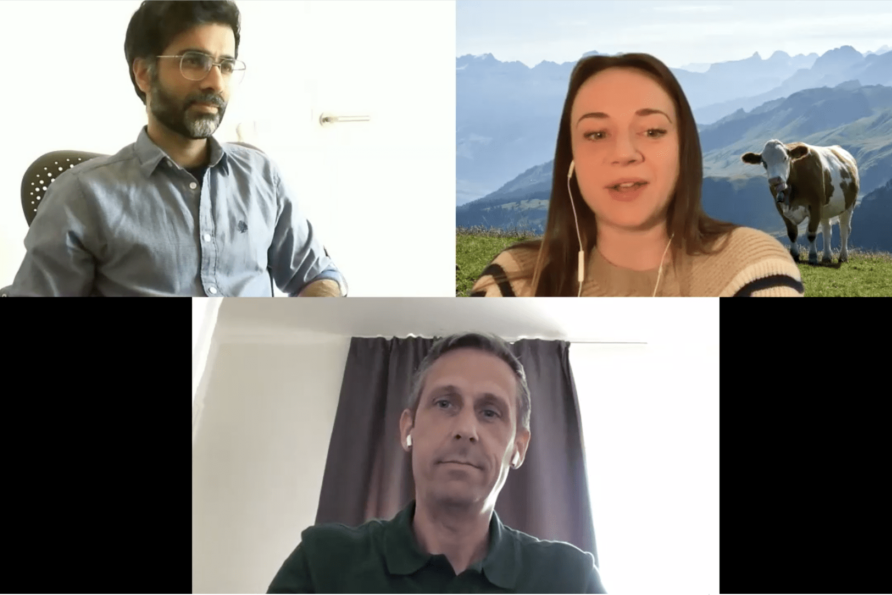Happy Earth Day! As my colleague Jessica Pothering said in an earlier post today, you’d be forgiven for not knowing it was Earth Day today or feeling happy about it. I’m sure sustainability and climate change are far from many people’s minds right now as you grapple with a new normal that might involve sick loved ones, loss of a job, or serious challenges in your day-to-day life. Our best wishes are with you.
Of course, our planet continues to face the same environmental challenges it did before the pandemic; the locust swarms that continue to plague parts of Africa, decimating monumental swathes of cropland, and threatening local food security, are a perfect case in point. Exceptionally wet weather including rare cyclones earlier in the year created the perfect breeding ground for the locusts to thrive. Some of that storminess is being linked to the Indian Ocean Dipole, an ocean temperature gradient that was recently extremely pronounced and has been linked to the devastating bushfires in eastern Australia last year, according to National Geographic.
The combination of Covid-19 and the locust swarm could be devastating for populations across Africa; as climate-related disasters continue to proliferate in other parts of the world, it’s clear to see why organizations must continue to place attention on mitigating and adapting to climate change if populations, ecosystems, and businesses are to continue to thrive.
Danone, the French multinational yogurt and dairy products company, certainly agrees; the company, a classified B-Corp, is a frontrunner in the food industry for tackling sustainability issues — recently recognized for its work reducing deforestation — and last year launched a coalition to look into the widespread adoption of regenerative agriculture practices in the dairy sector. Regenerative agriculture seeks not only to limit the impact of agriculture on the environment but improve it. (Read more in my colleague Lauren Stine’s excellent series on the topic here.) It’s also based on pasture-raised systems where cows live predominantly in the field and not in crowded barns that are responsible for high levels of methane emissions and manure issues.
Working with Danone in that coalition is Connecterra, a Dutch AI startup using data and analytics to help dairy farmers become more efficient. Connecterra is charged with measuring the impact of different farming practices as the coalition looks to create a set of guidelines for farmers at the end of the initiative in two years’ time. (Full disclosure: Connecterra is an AgFunder portfolio company.)
So I sat down today — virtually of course — with Cees Jan Hollander, global director of farm relations at Danone and Yasir Khokhar, CEO of Connecterra, to find out how the coalition “Farming for Generations” is going and check in how Covid-19 is impacting their businesses. If you’re reading this, you’re no doubt aware of the devastating impact Covid-19 is having on the dairy industry after food service demand dried up and you’ve no doubt seen the upsetting videos of large amounts of milk being dumped in the countryside.
Hollander and Khokhar offer some fascinating insights there — hint: consumer demand for milk products has increased dramatically; as Khokhar referenced “breakfast is having a come back with everyone being at home.” We also discuss how the pandemic is accelerating other trends such as a move towards more localized production, which happens to fit neatly into Danone’s existing local production strategy.
This is the first time I’ve published the podcast in video format — sorry for the budget edits — but you can also listen over on the Future Food podcast here (and below) if you can’t bear to look at our faces! Enjoy.





